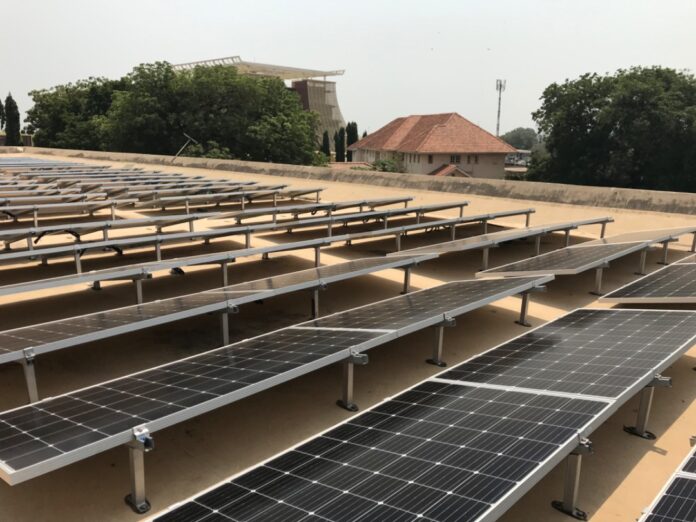Pakistan’s Solar Boom Exposes Fatal Flaw in Climate Change Projections

A surprising solar energy boom in Pakistan has revealed a critical flaw in global climate change projections. The country, which was once an insignificant player in the solar market, has become the sixth-largest solar market in the world. This rapid growth has been driven by high electricity costs, which have made solar energy an attractive alternative for businesses and individuals.
The surge in solar energy adoption has increased Pakistan’s power supply by 50 percent, with over 25 gig watts of solar panels imported from China in just three years. This growth has caught energy forecasters off guard, highlighting a fundamental flaw in their projections.
The International Energy Agency (IEA) has consistently underestimated the growth of solar energy, and its projections for energy demand have been repeatedly proven wrong. The IEA’s Net Zero by 2050 report, which outlined a plan to eliminate net greenhouse gas emissions by mid-century, was considered ambitious when it was released in 2021. However, the world is already on track to exceed the report’s solar energy targets, with Pakistan being a prime example.
The IEA’s failure to accurately predict energy demand is not an isolated incident. Energy forecasters have consistently underestimated the growth of energy demand in developing countries, where rising incomes and growing middle classes are driving increased energy consumption.
This phenomenon is not limited to Pakistan. Across the developing world, people are demanding more energy to power their homes, businesses, and lifestyles. This growing energy demand is being driven by a desire for convenience, comfort, and economic opportunity.
However, this increased energy demand also poses a significant challenge for global efforts to address climate change. As energy demand grows, so do greenhouse gas emissions, which are driving global warming?
To address this challenge, it is essential to ensure that the energy that powers growing economies is clean and sustainable. This requires a significant increase in investment in renewable energy technologies, such as solar and wind power.
The task ahead is clear: to provide enough clean energy to power the growing economies of the developing world, while also reducing greenhouse gas emissions to mitigate the worst impacts of climate change. The solar boom in Pakistan offers a glimpse of what is possible when people are given the opportunity to access clean and affordable energy.
Source: Thepressradio.com| BA





